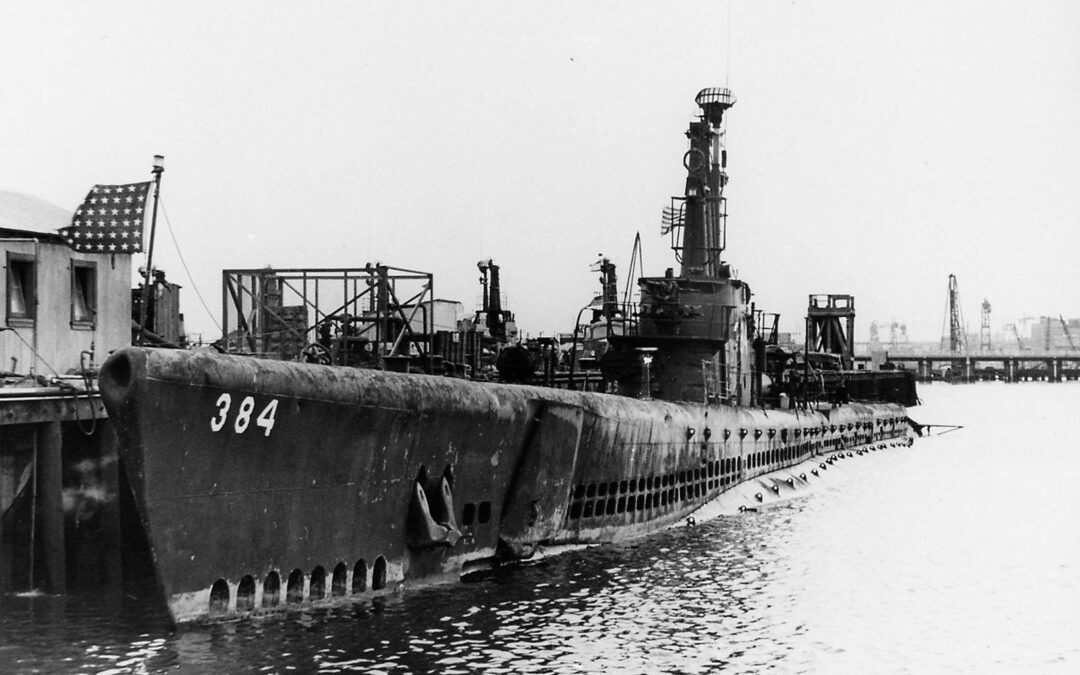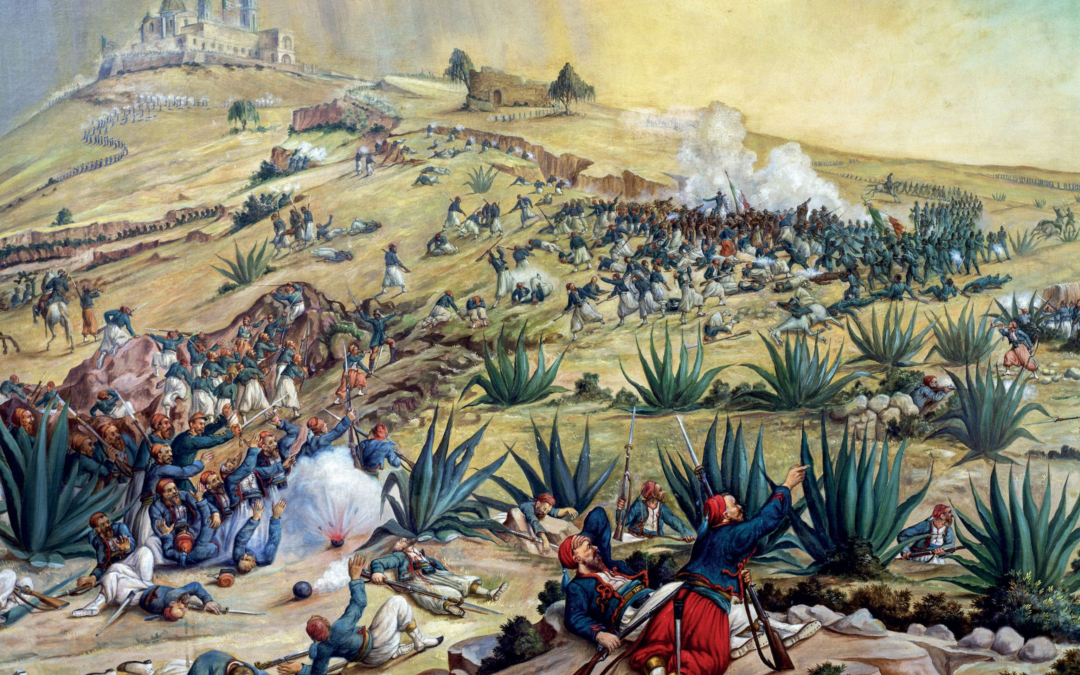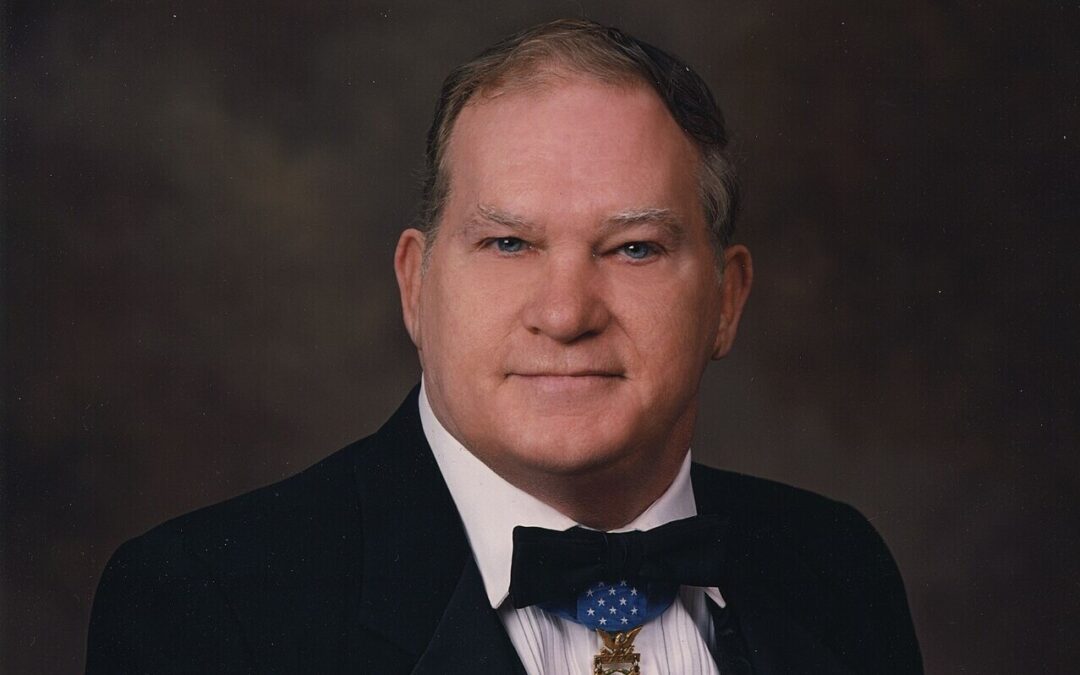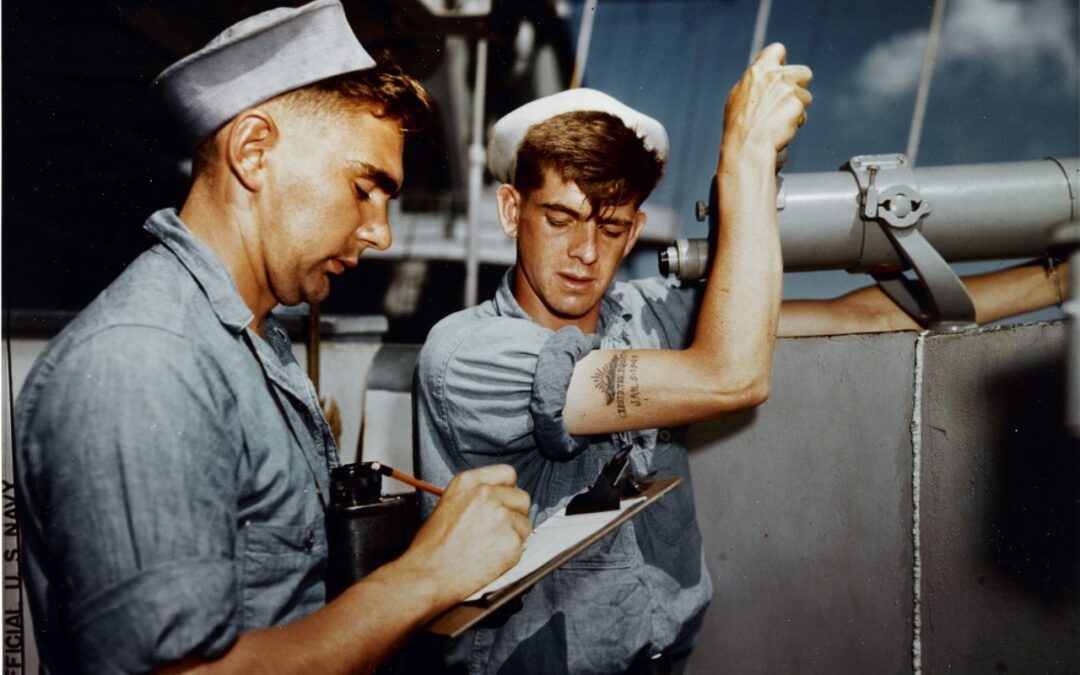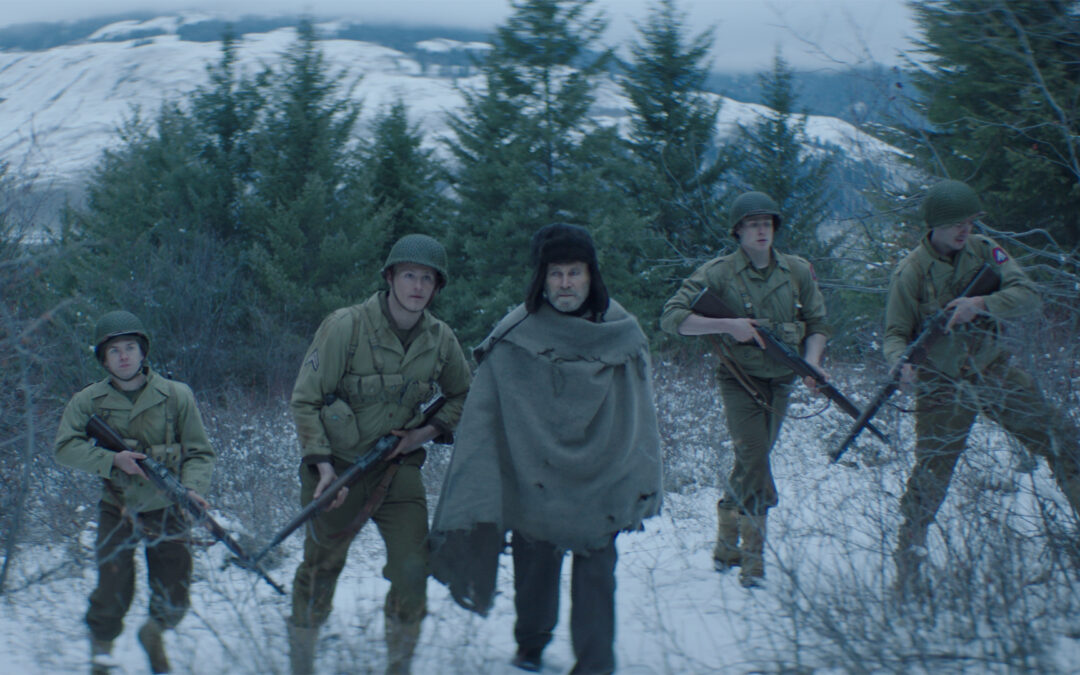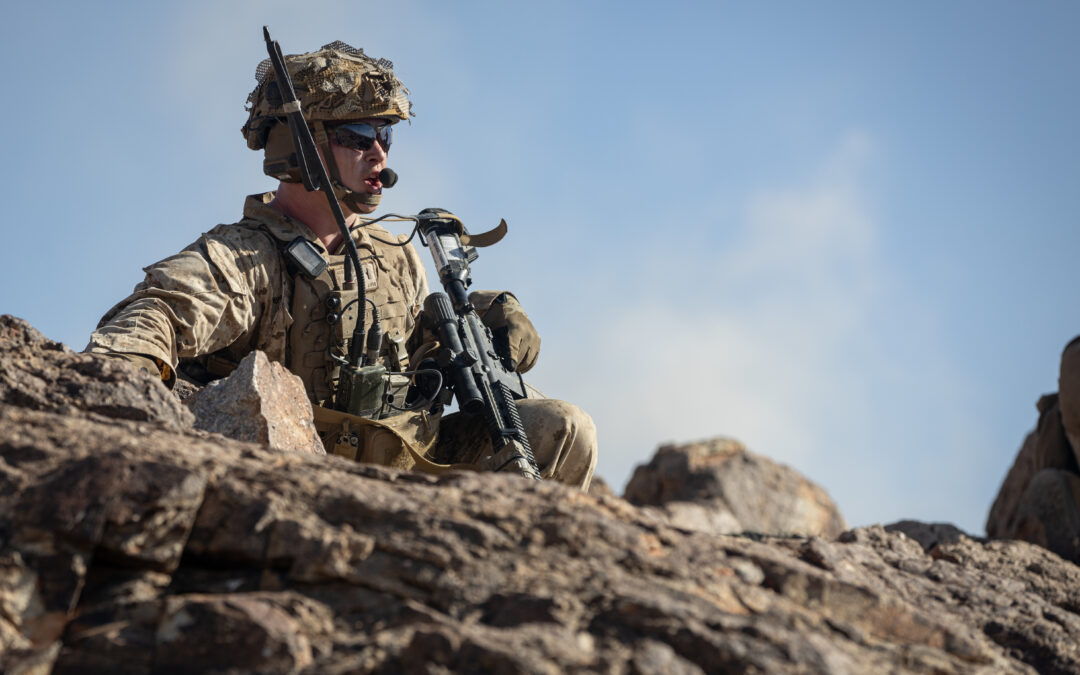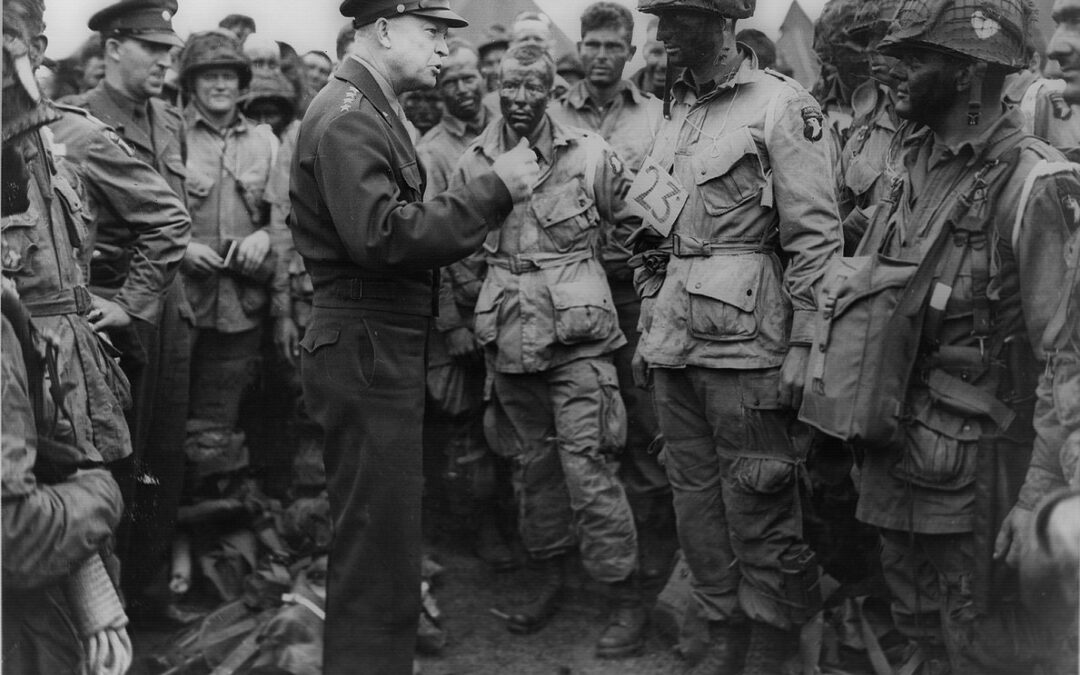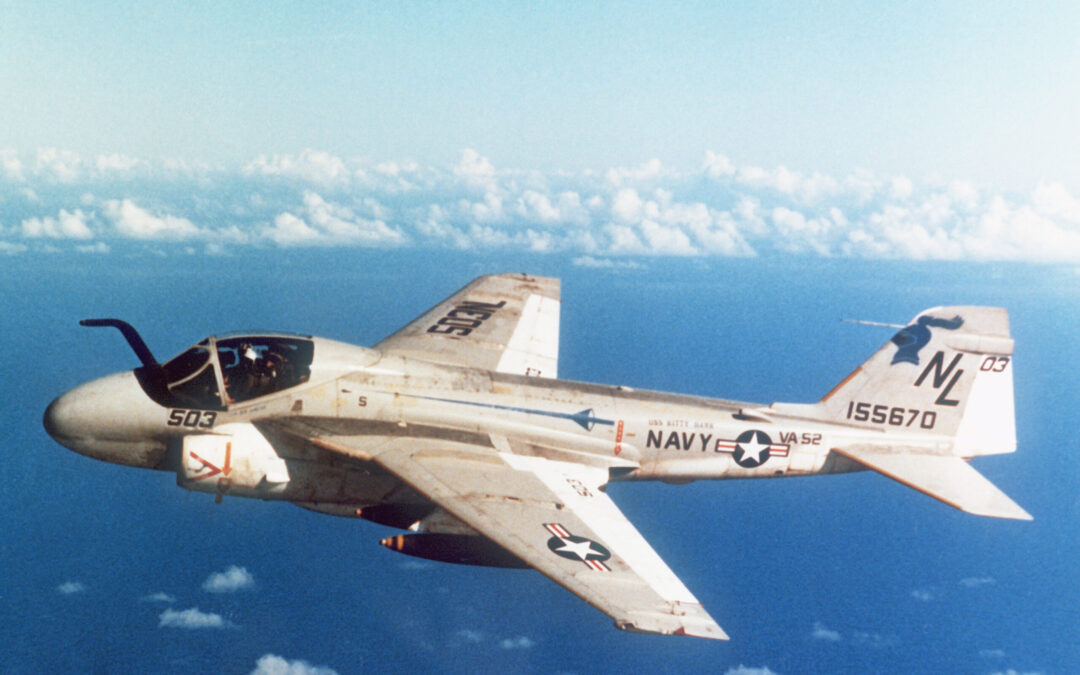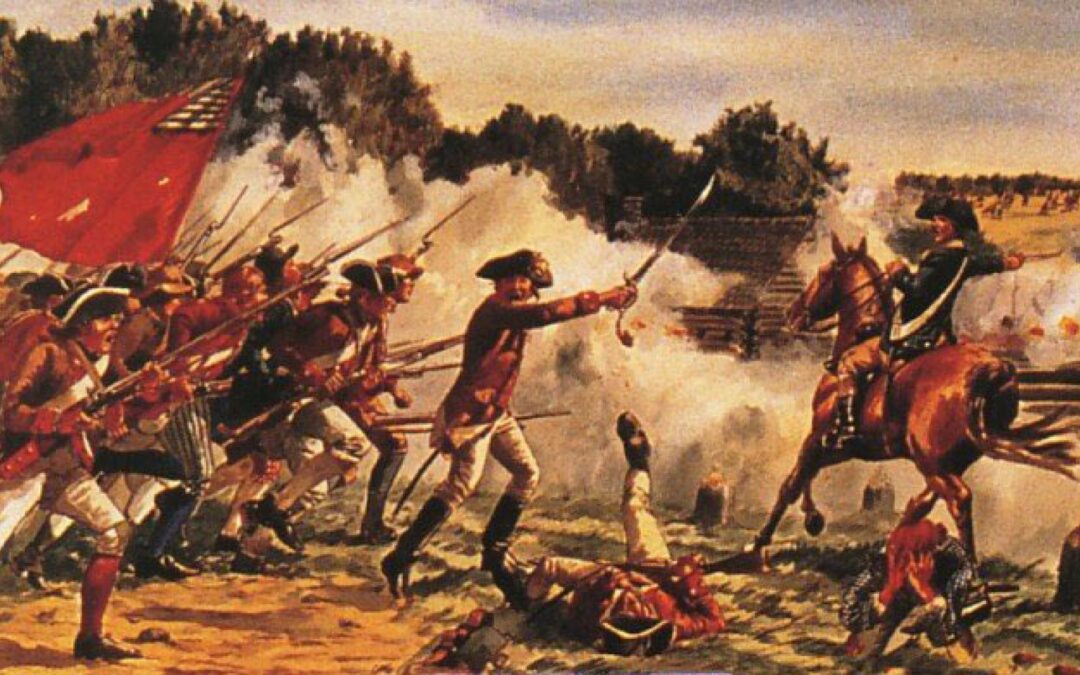The first USS Parche (SS-384) was a United States Navy submarine. She bore the name of a butterfly fish, one of at least 114 species. Butterfly fish have a large spot that looks like an eye on the tail end of their body. Their natural eye is often much smaller or camouflaged within other body markings. This is to trick a predator into thinking the fish will move in the direction of the false eye, thereby giving the small fish a chance to escape capture. USS Parche: World War II Exploits and Commander's Bravery USS Parche (Sp. pronunciation Pahr-cheh) was a Balao class submarine used during World War II. One hundred and twenty boats completed of that type, the largest class of submarines in the United States Navy. An improvement on the earlier Gato class, these boats had slight internal differences. The most significant improvement was the use of thicker, higher yield strength steel in the pressure hull skins and frames. Her first Commander, Lawson Paterson "Red" Ramage's, famous...
